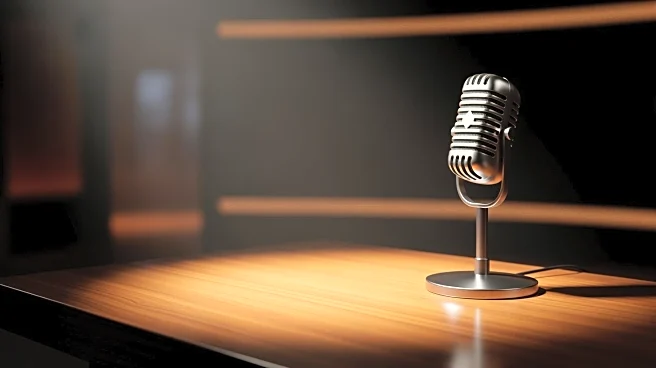Rapid Read • 6 min read
Inflation in the U.S. has decreased from its peak but remains a concern, with the consumer price index at 2.7% in July. Rising costs for essentials like food and dining out are stretching budgets. Financial experts warn of potential stagflation, characterized by high inflation and slow growth. Consumers are advised to build emergency funds and reassess their saving habits. Different strategies are suggested based on individual saving capabilities, emphasizing the importance of financial discipline and planning.
AD
Inflation affects consumer purchasing power and economic stability, impacting household budgets and savings. The advice to build emergency funds is crucial as economic uncertainties persist. Understanding personal saving habits can help individuals better manage their finances and prepare for potential economic downturns. The broader economic implications include potential shifts in consumer spending and increased financial stress, particularly for those with limited income.
Consumers are encouraged to evaluate their spending and saving habits, potentially adjusting their financial strategies to mitigate inflation's impact. Financial institutions and advisors may offer tools and resources to assist in building emergency funds. The ongoing economic conditions could influence public policy and financial regulations aimed at stabilizing inflation and supporting consumer welfare.
AD
More Stories You Might Enjoy













